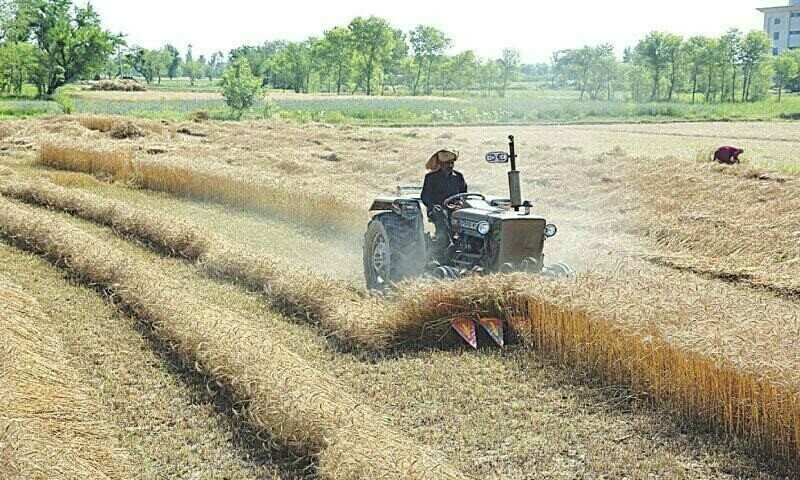THE Punjab government has taken the lead in amending its agricultural income tax law, bringing existing AIT rates for individuals and businesses at par with federal income tax rates.
The bill, passed by the provincial assembly, also brought earnings from commercial or “income-generating” livestock into the ambit of AIT and rescinded exemptions, such as the ones enjoyed by farmers with landholdings of less than 12.5 acres and absentee landholders — unless their annual income is below the tax threshold of Rs600,000. The changes also propose stringent and hefty penalties for defaulters.
The amendments bring equity to the tax regime, do away with a big loophole for tax evasion, and meet the demand of economists, the corporate sector and other stakeholders to effectively tax farm incomes. Successive governments had baulked at the idea because of the clout of large landholders until the IMF made it a core component of its new $7bn programme.
“…[T]he provinces will take steps to increase their own tax collection efforts … [on] agriculture income tax. …[A]ll provinces are committed to fully harmonising their [AIT] regimes through legislative changes with the federal personal and corporate income tax regimes and this will become effective from Jan 1, 2025,” said the lender, following the staff-level agreement with Pakistan in July. Other provinces, especially Sindh, are expected to make the required changes in their farm income tax regime in the next several weeks to meet the IMF deadline.
That said, the passage of the amendments to the law was the easier part. The harder part is their implementation, which starts from the beginning of the next fiscal year. For starters, the provinces — and even the FBR — have limited capacity to correctly assess farm incomes and collect tax accordingly. Besides, a large part of the agriculture market functions outside formal banking channels, and transactions are conducted in cash. Calculation of the true value of farm output will require capacity building of tax officials.
Second, the responsibility of farm income assessment and tax recovery is assigned to revenue officials like patwaris who are notorious for their corruption. The land revenue law of 1967 gives enormous powers to revenue officials to penalise and detain defaulting farmers for up to 40 days. Smallholder farmers, who hardly have taxable incomes, fear this could be used by revenue officials and politicians from ruling parties to twist the arms of their opponents.
The amendments made in the farm income tax law are crucial to make the system equitable in addition to boosting our abysmally low tax-to-GDP ratio of below 10pc. Nevertheless, it is critical to ensure that tax collectors are trained well and provided the tools to correctly assess farm incomes, build systems to plug loopholes for corruption and extortion, and prevent the use of political clout.
Published in Dawn, November 16th, 2024







